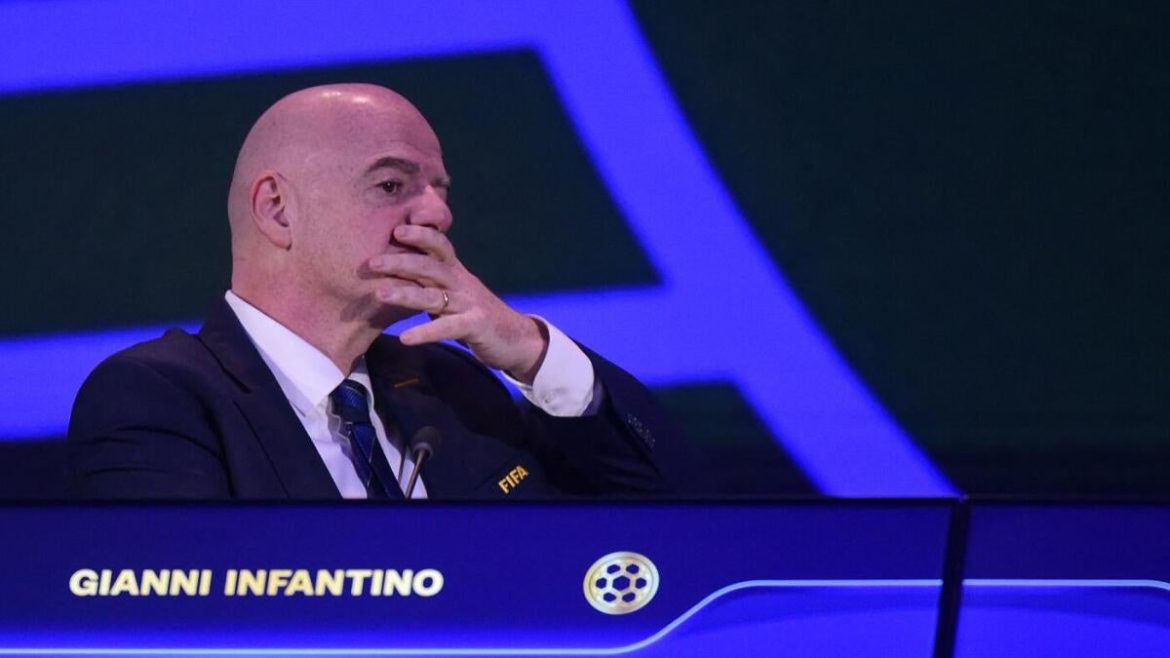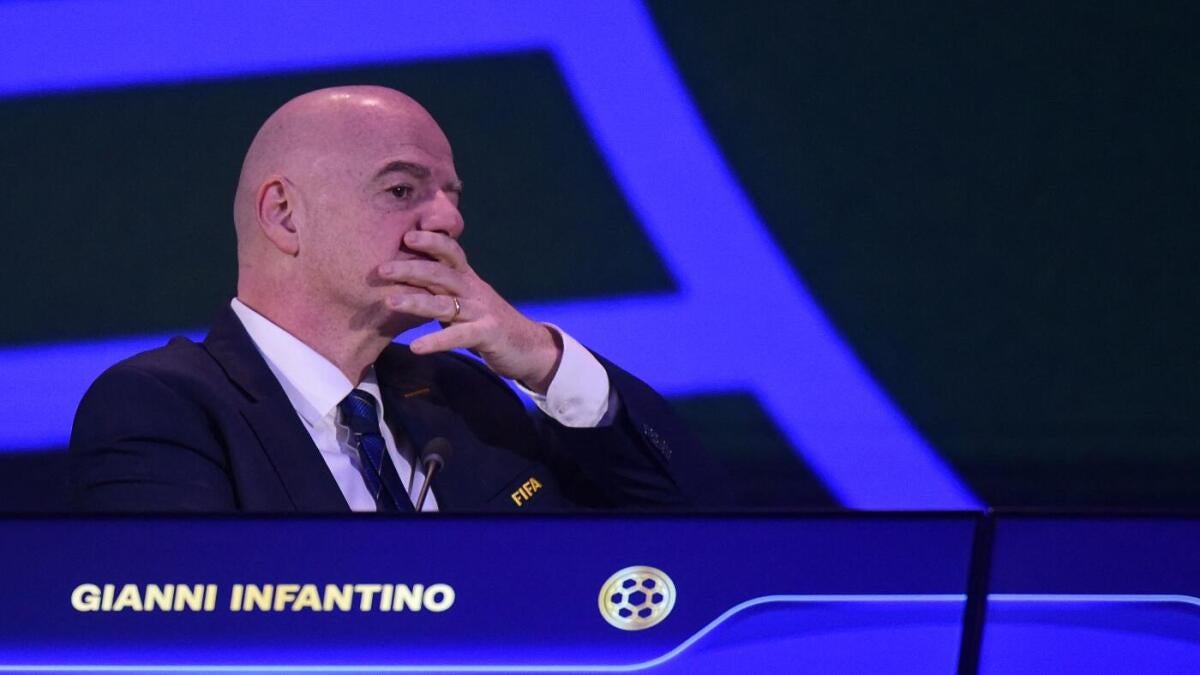The FIFA Congress in Paraguay was marked by an unusual and controversial disruption centered around the late arrival of FIFA President Gianni Infantino, who traveled from an official Middle East tour alongside U.S. President Donald Trump. This event not only delayed the Congress’s commencement but also triggered a significant walkout by European representatives, particularly members from UEFA, underscoring mounting tensions and dissatisfaction within global football governance.
The Circumstances Surrounding Infantino’s Late Arrival
Gianni Infantino’s attendance at the FIFA Congress was postponed by several hours due to his participation in high-profile diplomatic visits with President Trump in Saudi Arabia and Qatar. Notably, Infantino traveled via a Qatari private jet from Doha, with a stopover in Nigeria en route to Paraguay. The itinerary adjustments, influenced by his engagements with international political leaders and summits, resulted in his arrival being hours behind schedule, an unprecedented delay for a leader at such a critical event.
This delay pushed the official opening of FIFA’s annual meeting—an assembly of 211 member federations—back by about three hours. The disruption was entirely unanticipated by many attendees and organizers, given the prominence and protocol associated with FIFA’s leadership and its top-tier events.
Consequences: UEFA Delegation Walkout and Member Discontent
The most tangible fallout from the delayed start was a dramatic walkout staged by the UEFA delegation and other European members of the FIFA Council. Eight UEFA representatives, expressing frustration over Infantino’s tardiness and perceived disregard for the Congress schedule, exited the meeting in protest. The walkout occurred around mid-afternoon local time and reflected deep-seated concerns about leadership accountability within FIFA.
Infantino’s subsequent apology failed to appease the dissatisfied attendees, signaling that the lateness was interpreted not merely as a scheduling inconvenience but as emblematic of wider issues with the football administration’s priorities and respect towards its members.
Broader Implications and Political Intertwinings
Infantino’s choice to accompany President Trump on a state visit underlined FIFA’s entanglement with international diplomacy and high-stakes political signaling. This involvement extended beyond sports administration into geopolitical realms, such as Saudi Arabia’s Gulf summit and Qatar’s military and commercial significance, including major defense and trade agreements brokered during the visit.
While the president’s close ties to political figures like Trump might offer strategic opportunities for FIFA’s global positioning, it simultaneously raises questions about the organization’s commitment to its core mission and responsiveness to its diverse membership base. The optics of a football governing body’s chief delaying critical meetings for political engagements galled many within the sport’s ecosystem, evoking concerns about priorities and governance standards.
The Ripple Effects on FIFA Governance and Member Relations
The walkout and the surrounding controversy may have lasting consequences on FIFA’s internal cohesion and member relations. UEFA, representing some of the most influential and financially significant football nations, made a visible statement of dissent that could presage future challenges to Infantino’s leadership style and decision-making processes.
Such incidents also risk undermining the credibility and unity of FIFA at a time when the organization faces multiple external and internal pressures, including ongoing scrutiny over human rights issues in tournament host countries and calls for reform within its governance structures.
Conclusion: A Moment of Reckoning for FIFA Leadership
Gianni Infantino’s delayed arrival and the consequent UEFA walkout at the FIFA Congress reveal more than a scheduling snafu; they expose an organizational fissure reflecting tensions between political engagement and governance responsibilities. The episode underscores the delicate balance FIFA’s leadership must maintain between wielding global influence and honoring the foundational commitments to its members and the sport.
This incident serves as a pivotal moment inviting reflection on leadership priorities and the need for transparent, respectful engagement with football’s diverse and powerful stakeholders. How FIFA navigates the fallout from this event may well shape its authority and unity in the coming years.





